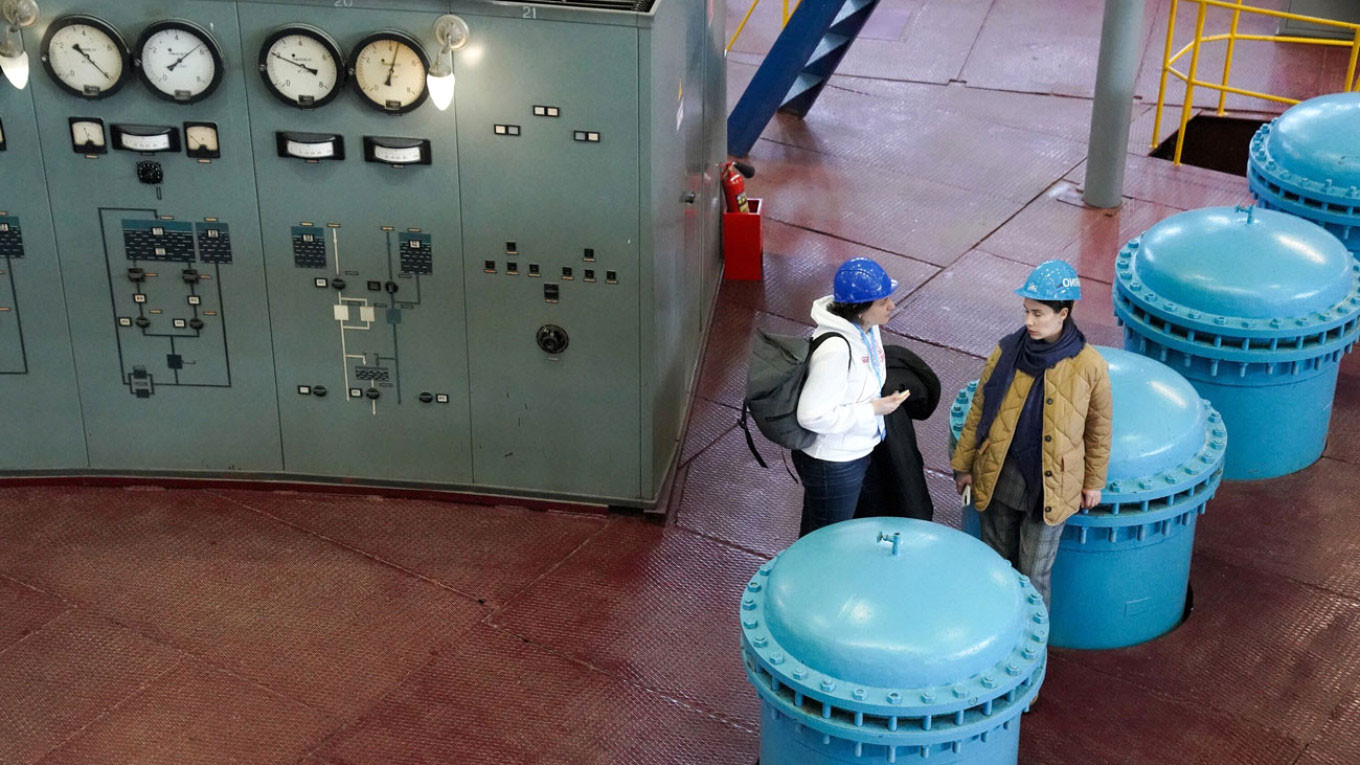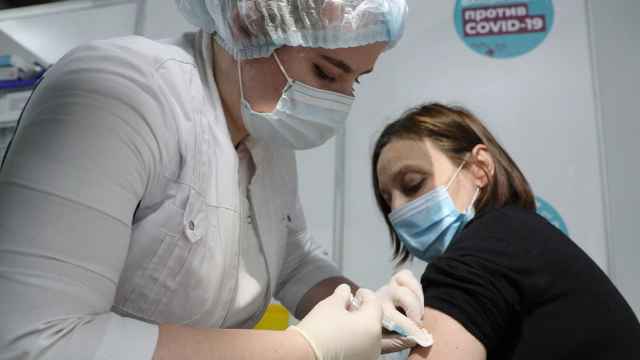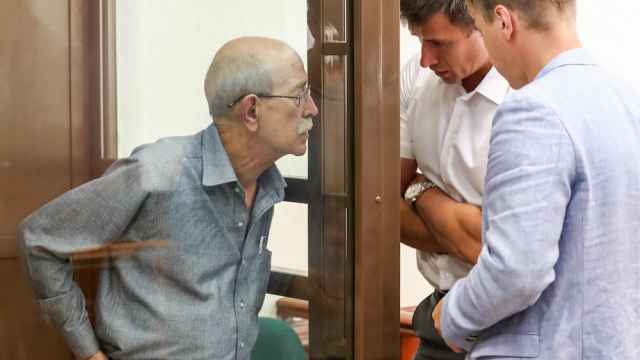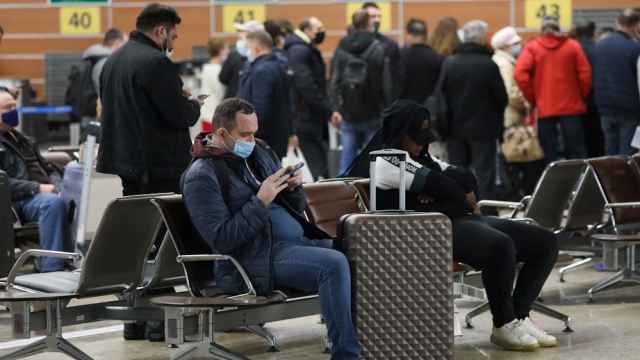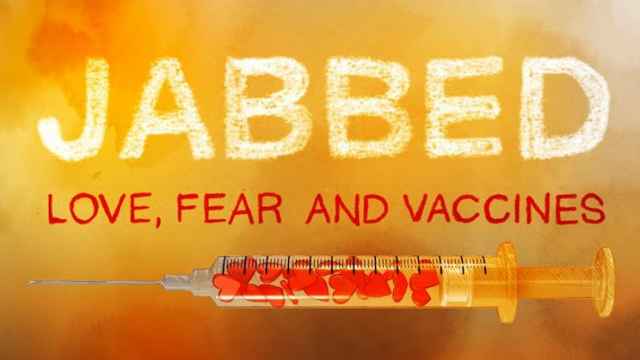Russia has lost over 50,000 scientific researchers in the past five years, a senior member of the Russian Academy of Sciences (RAS) has said.
“The main problem in Russia is as follows: Over the past five years, only Russia — no other countries — has lost so many people working in the scientific field. Russia has lost 50,000 people,” Interfax quoted RAS Vice President Valentin Parmon as saying at a meeting.
“Now, when everyone is talking about technological sovereignty and the future depends on science-intensive technology, the issue is that Russia as a state is missing those who can do this,” said Parmon, who also chairs the RAS’ Siberian Branch.
He called for an “approximately threefold” increase in state research funding in order to attract capable people back to scientific research and reach “at least an approximate average level” of technologically advanced countries.
Parmon’s comments come after scientists from the Institute of Theoretical and Applied Mechanics of the RAS’ Siberian Branch published an open letter to the authorities over the arrest of three of its scientists on treason suspicions, warning that the criminal cases risked setting back Russia’s advances in hypersonic technology.
“We simply do not understand how to continue with our work. [...] We see that any article or report can become grounds for treason charges,” they said.
The scientists also drew attention to how the prevailing atmosphere is affecting young scientists.
“Even now, the best students refuse to come and work for us, and our best young employees leave science. Several scientific fields are simply being closed because employees are afraid to engage in such research,” the scientists wrote.
Moscow State University rector Viktor Sadovnichy said in April that the number of scientists in Russia under the age of 30 has decreased by 25% over the past 10 years.
“According to Form 2-Science by Rosstat, the total number of young researchers under the age of 30 in Russia is declining. In 2010, there were 71,000 of them, including 4,350 with academic degrees, while in 2021, there were 53,000, including 1,750 with academic degrees,” Sadovnichy said at an extended meeting of the Russian Union of Rectors.
Across all age groups, the total number of scientists in Russia fell to a historic low of 340,100 people in 2021, according to calculations by the Institute for Statistical Studies and Economics of Knowledge at Moscow’s Higher School of Economics.
The number of scientific workers in the country has been steadily declining since 2014, when Russia annexed Crimea from Ukraine. From 2014-2021, the number of scientists decreased by 10.5%, or 76,000 people.
At the time of the Soviet Union’s dissolution, Russia had 992,000 researchers, the world’s highest number of scientific workers.
A Message from The Moscow Times:
Dear readers,
We are facing unprecedented challenges. Russia's Prosecutor General's Office has designated The Moscow Times as an "undesirable" organization, criminalizing our work and putting our staff at risk of prosecution. This follows our earlier unjust labeling as a "foreign agent."
These actions are direct attempts to silence independent journalism in Russia. The authorities claim our work "discredits the decisions of the Russian leadership." We see things differently: we strive to provide accurate, unbiased reporting on Russia.
We, the journalists of The Moscow Times, refuse to be silenced. But to continue our work, we need your help.
Your support, no matter how small, makes a world of difference. If you can, please support us monthly starting from just $2. It's quick to set up, and every contribution makes a significant impact.
By supporting The Moscow Times, you're defending open, independent journalism in the face of repression. Thank you for standing with us.
Remind me later.


